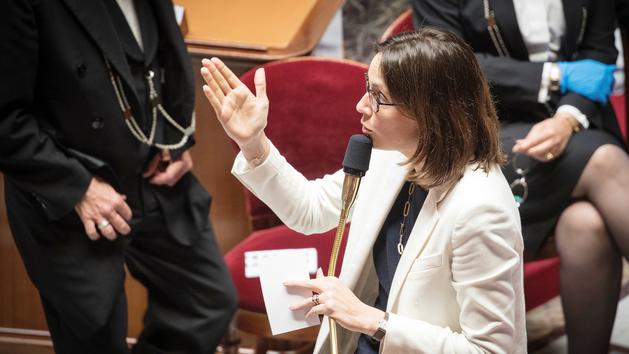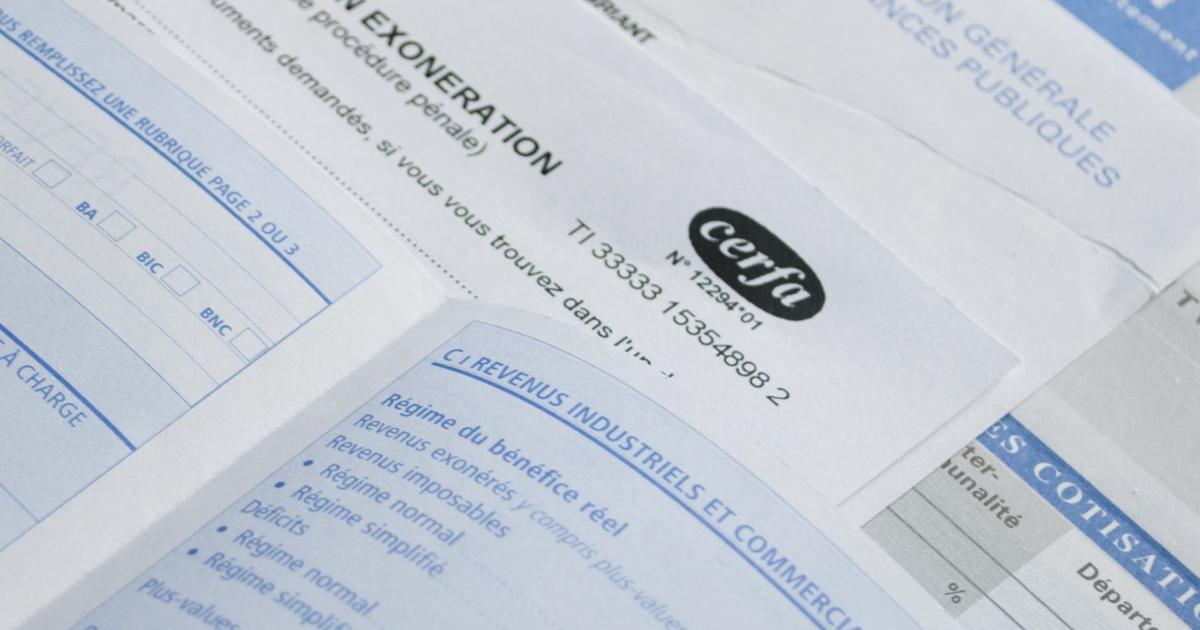Le Figaro
The National Assembly has just adopted at first reading the bill for the acceleration and simplification of public action (Asap).
Here again is a law of "simplification".
Even as the complexity continues to increase month after month, the ASAP law first aims to reduce the number of Théodule committees, which are more than 300 in France.
The government is committed to removing 86 by the end of the five-year term.
Read also: "Asap", a law to accelerate administrative simplification
The bill provides here for the abolition of around twenty committees and commissions (including the national joint consultative commission for rural leases, the central milk committee, the observatory for recidivism and desistance, the advisory commission for monitoring consequences of nuclear tests, etc.) and the merger of bodies which duplicated the missions: thus, the national commission for collective bargaining, employment and vocational training (CNNCEFP) will absorb three advisory commissions relating to work including the commission for retirement and provident agreements (COMAREP), the high council for social dialogue (HCDS) and the guidance council for participation, profit-sharing, employee savings and employee shareholding ( COPIESAS).
The High Council for Professional Equality between Women and Men also absorbs the High Council for Equality between Women and Men.
A rationalization that is not being undertaken everywhere
This is going in the right direction but will allow little savings, since all these committees do not weigh heavily: around 20 million euros.
These are the independent administrative authorities which have budgets and staff (a little less than 500 million euros per year) and there, the rationalization which could reduce the number of these authorities from 26 to 17 and allow many savings, is unfortunately not engaged at all.
The law also cleans up the paperwork by removing the obligation to provide medical certificates to practice a sporting activity or the obligation to present its tax notice to open a popular savings book.
In the same vein, to obtain or renew an identity card, a passport, a driving license or a registration certificate, we will no longer need to present proof of address: the administration will collect it alone from '' a supplier of goods or services (electricity, gas, etc.) or of a public service not having the quality of supplier of goods or services.
It is one more step towards the “
tell us it once
”, but that we would like to see widely developed for more significant life events such as births and deaths.
On the business side, an industrial site under construction will not be obliged to apply the standards being adopted ... We can see that it is by impressionistic touches that we simplify.
The special committee responsible for examining the bill even rejected certain articles, such as the publication of the list of procedures for which the administration's silence is worth rejection, on which the greatest vagueness still reigns after the Hollande government has wanted to make the agreement the rule (resulting in 2700 exceptions out of 3600… sorry!).
It is a shame not to take on this complexity, due in part to the digital backwardness of the State.
Read also: Health system: iFRAP's proposals to save 20 billion euros per year
Simplifying is always good, but why must it be now and then the prerogative of
often
disregarded
“
catch-all
”
laws
, when what France needs is a permanent assessment? and in real time of the administrative burden that weighs on both our businesses and our households?
When will dedicated advice as effective as the CNEN (National Council for the Evaluation of Standards for Local Authorities) to finally lower it?
When will we finally take the measure of the cost of the French administrative overload for our forces, and its evaluation?
Le Figaro
The Macronometer, an observatory of government reforms, is a site of the iFRAP Foundation in partnership with
Le Figaro
.
It is a tool dedicated to the evaluation of Emmanuel Macron's five-year term: econometric evaluation in relation to his electoral program and the announcements of his government.
With Le Macronomètre, the government's action is rated out of 10 every Wednesday during the Council of Ministers and becomes readable at a glance.
The Macronometer allows everyone to form an opinion on whether or not the President of the Republic's promises are kept and on the effectiveness of the government's reforms.









